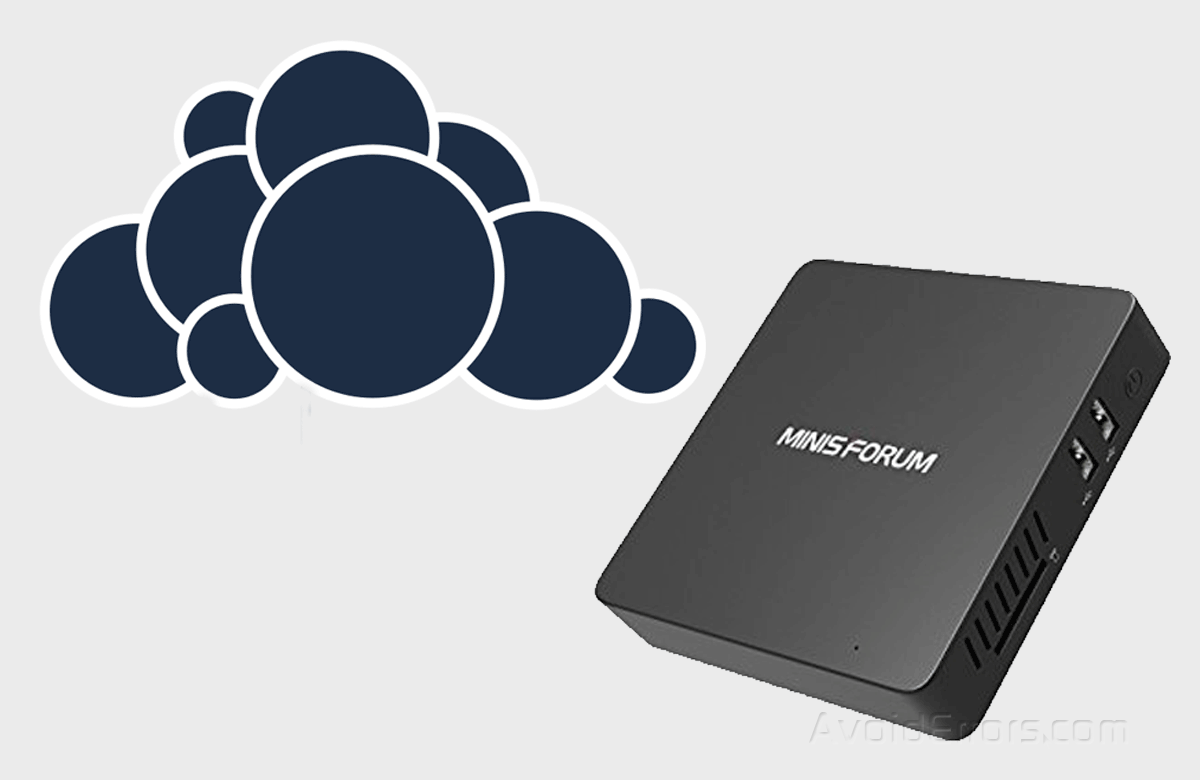

It provides a command line client and a GUI, both written in Python. It was developed and copyrighted in 1991 at the University of Maryland and has a BSD-style license.īack in Time is a simple backup utility designed for Linux. It is licensed under the GPLv3.Īmanda is a backup system written in C and Perl that allows a system administrator to back up an entire network of client machines to a single server using tape, disk, or cloud-based systems.
#Cloud backup for pc verification#
It also requires Rsync, Perl5, and SSH to be installed.īacula's website says it "is a set of computer programs that permits the system administrator to manage backup, recovery, and verification of computer data across a network of computers of different kinds." It is supported on Linux, FreeBSD, Windows, MacOS, OpenBSD, and Solaris and the bulk of its source code is licensed under AGPLv3.īackupPC "is a high-performance, enterprise-grade system for backing up Linux, Windows, and MacOS PCs and laptops to a server's disk," according to its website. It features strong encryption and is licensed with the GPL.ĭirvish is a disk-based virtual image backup system licensed under OSL-3.0. It works on MacOS, Windows, Linux, FreeBSD, Solaris, and OpenBSD.ĭuplicati is a free backup solution that works on Windows, MacOS, and Linux and a variety of standard protocols, such as FTP, SSH, and WebDAV, and cloud services.
#Cloud backup for pc license#
It is licensed with the Mozilla Public License and, according to its website, is secure and private. Syncthing synchronizes files between two computers. It is licensed with the GNU Lesser Public License. Restoring files is easy, too, featuring an intuitive and simple command-line interface.Ĭasync is content-addressable synchronization-it's designed for backup and synchronizing and stores and retrieves multiple related versions of large file systems. This open source solution does reverse incremental backups-backing up only the files that changed since the previous backup.
#Cloud backup for pc full#
For the past two decades, rdiff-backup has helped Linux users maintain full backups of their data locally or remotely. As of 2019, however, this project is no longer being mainained, so I recommend rdiff-backup. It has clients for Windows, Linux, and MacOS and has a GNU Affero Public License. Second was UrBackup, which does full and incremental image and file backups you can save whole partitions or single directories. It is supported on Linux, MacOS, and BSD and has a BSD License.

It is a deduplicating backup solution that features compression and encryption. And you came through, offering 13 other solutions (so far) that we either hadn't considered or hadn't even heard of.īy far the most popular suggestion was BorgBackup. We offered six solutions recommended by our moderator community-Cronopete, Deja Dup, Rclone, Rdiff-backup, Restic, and Rsync-and invited readers to share other options in the comments. Recently, we published a poll that asked readers to vote on their favorite open source backup solution.


 0 kommentar(er)
0 kommentar(er)
